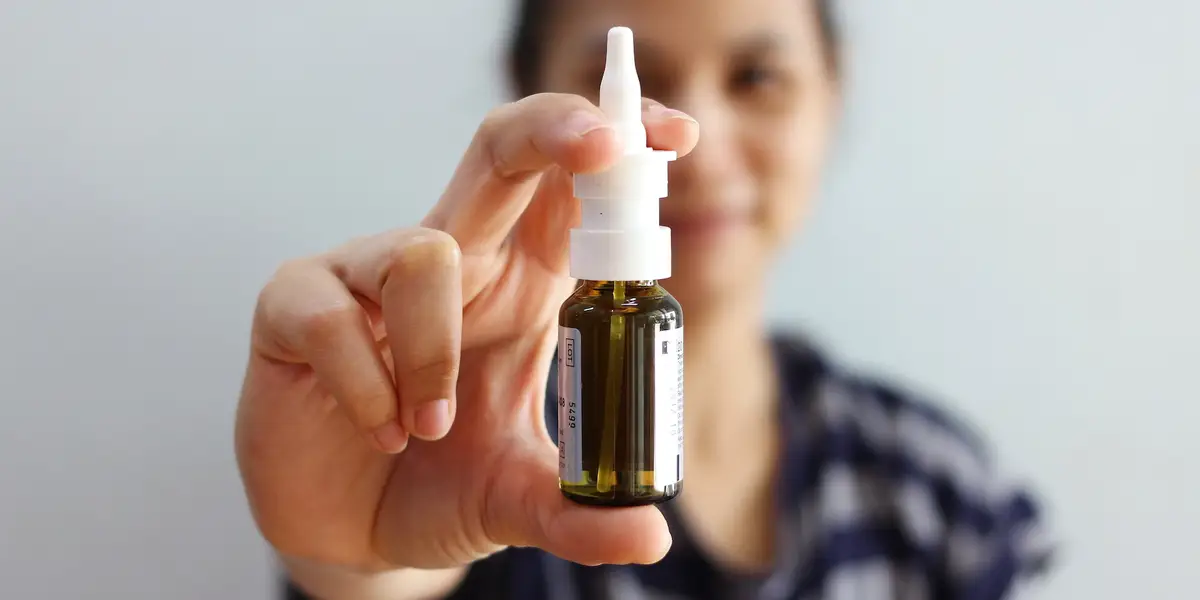Ketamine is a medication that is primarily used as an anesthetic, but it has also been studied for its potential therapeutic effects on a range of conditions. There are many different uses for ketamine, such as for refractory depression, pain and sedation.
It’s important to note that ketamine is a powerful medication and should only be administered under the supervision of a trained healthcare provider. The appropriate dose and duration of treatment can vary depending on the individual and the condition being treated.
With a number of potential benefits for humans, Ketamine can be used:
For Depression
Ketamine has been found to rapidly reduce symptoms of depression in people who have not responded to other treatments. The antidepressant effects of ketamine can be seen within hours or days of administration and can last for several days or weeks. Frequency of treatment will depend on the individual.
For Pain Relief
Ketamine can be used for several types of pain, such as migraines, neuropathic pain, and general analgesia. It blocks specific pain receptors in the brain, also reseting some of the nerve cells found in your spine and brain. This interaction is more effective at reducing some types of pain than other pain management methods.
For Other Mental Health Diagnosis’s
This drug has been found to reduce symptoms of anxiety and can be used to treat conditions such as generalized anxiety disorder and post-traumatic stress disorder (PTSD). It also has been studied as a treatment for mood disorders such as bipolar disorder and borderline personality disorder.
For Substance Abuse Disorders
Ketamine has been studied as a potential treatment for substance abuse disorders, including alcohol use disorder and opioid addiction. There is evidence resulting in increases in abstinence, reductions in use, cravings and symptoms of withdrawal related to problematic substance use.
Forms of Ketamine
Ketamine is most commonly administered intravenously (IV) for anesthetic purposes. Recent research has resulted in IV administration for other conditions as well. At Preston’s Pharmacy, it is compounded into several different forms: nasal spray, troches, rapid-dissolving tablets, and IVs. The appropriate dose of ketamine can vary depending on the individual’s age, weight, medical history, and the condition being treated. When used as an anesthetic, the dose is typically much higher than when used for its potential therapeutic effects.
As patient, contact your doctor for a prescription, or call the pharmacy for more information on ketamine. Depending on the dosage form, learn how to take your ketamine prescription under the “Patient Resources” tab. As a prescriber, fill out a Provider Compounding Resource page, checking the ketamine box to obtain all related products Preston’s Pharmacy offers.
Warning:
It is important to be aware that ketamine can be an addictive substance if not used under medical supervision. The prescribed drug is used differently than the recreational drug. Although it has very low serious-complication rates, individuals can experience withdrawal symptoms if used incorrectly.







